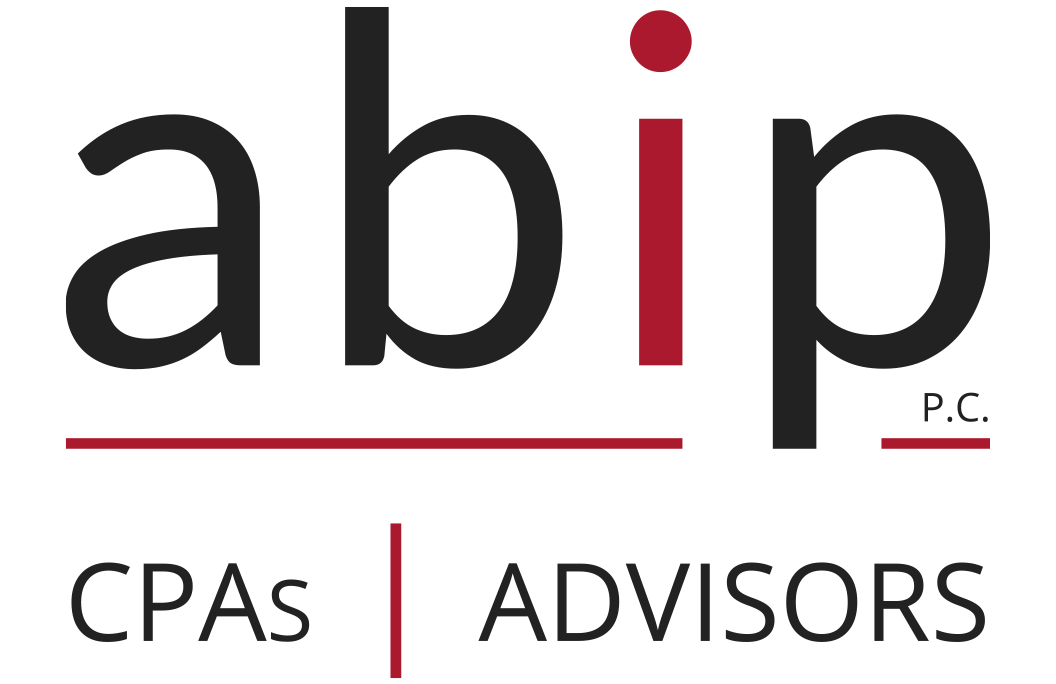 If you manage your own business, then everything associated with accounting should be in your purview. That is to say, you should understand cash flows, budgets and other monetary concerns. These pieces of information typically come from your Chief Financial Officer. Of course, most CFOs have to balance accounting with strategy, but more and more businesses are opting for CFOs with better accounting credentials.
If you manage your own business, then everything associated with accounting should be in your purview. That is to say, you should understand cash flows, budgets and other monetary concerns. These pieces of information typically come from your Chief Financial Officer. Of course, most CFOs have to balance accounting with strategy, but more and more businesses are opting for CFOs with better accounting credentials.
In fact, the percent of CFOs who were also CPAs rose from 29% to 45% from 2003 to 2010. In effect, it’s becoming increasingly more vital for CFOs to have a solid accounting background. Even so, your CFO should be telling you a few things about your company’s accounting on a consistent basis.
1. The Truth
For starters, it’s important for CFOs to tell you the truth. It can be easy to sugarcoat negative news or downplay positive news in terms of the accounting portfolio. Having a solid relationship with your CFO will certainly help. If they work in an environment where honesty is clearly valued, then they will be more inclined to give you the whole truth.
2. Information Related to Objectives
 A CFO needs to have a good handle on the company’s objectives and goals. In that regard, they need to be proactive, fostering relationships with other leaders in different areas throughout the business. If they focus only on the accounting aspect of the job, then they may miss out on valuable information that may alter their own projections. They should keep abreast on all the changes so that the budgets can be accurate and they can give you a better idea of the overall financial status of the company.
A CFO needs to have a good handle on the company’s objectives and goals. In that regard, they need to be proactive, fostering relationships with other leaders in different areas throughout the business. If they focus only on the accounting aspect of the job, then they may miss out on valuable information that may alter their own projections. They should keep abreast on all the changes so that the budgets can be accurate and they can give you a better idea of the overall financial status of the company.
3. Incentive and Compensation Plans
Since CFOs are steeped in the finances of the business, they are also most equipped to offer solutions and ideas about incentive and compensation plans. Incentives help drive work flow; however, they need to be within reason. Your CFO is the perfect person to give you information on that.
4. The Right Time for Transactions
CFOs should be clued into the financial operation of your business so keenly that they understand the right times to make transactions. Whether the transaction costs or generates money, they should have an understanding of when those should take place. They should provide you with weekly projections on cash flow, which indicates where you’re losing money and where you’re gaining some.
5. Information from Creditors and Investors
The relationship that your business has with creditors and investors is usually dependent on one person—the CFO. If your CFO is doing a good job of handling the creditors and investors, then you will have a lot more time on your hands for core business practices. The CFO should also clue you into the suggestions or concerns those creditors and investors may have. If your CFO doesn’t give you that, then it may be sign of a bad relationship with creditors and investors.
6. Key Performance Indicators
A good CFO will keep tabs on the Key Performance Indicators (KPIs). These are essentially predictions that help develop and forecast budgets and other projections for the future. These KPIs are built to give you a good barometer of your overall performance. With a “balanced scorecard” technique, your CFOs can (and should) give you information on everything from customer satisfaction to overall monetary performance.
7. Information You Understand
A good CFO will avoid complicated accounting jargon when speaking with someone outside of the accounting world. CFOs tend to speak in obscure terms that only they could understand. If there is a communication issue with your CFO, then you should tell them to give you the information in layman’s terms.
For more information on what your CFO should be telling you about your accounting, contact ABIP today. One of our accounting experts will answers any of your concerns.





